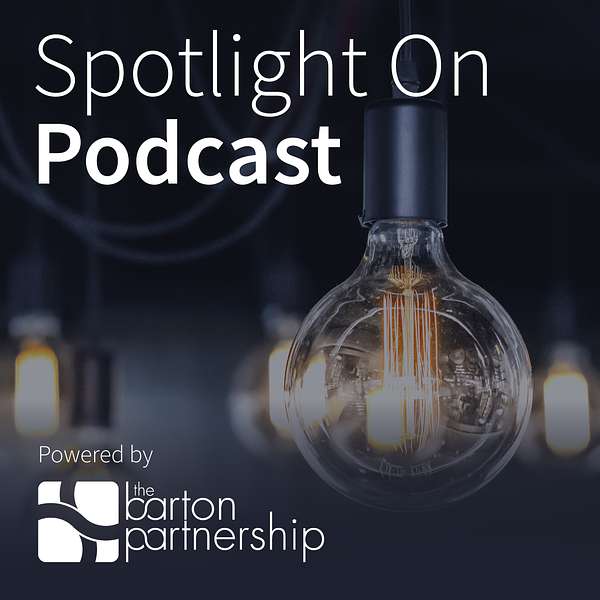
Spotlight On Podcast
Spotlight On Podcast
Spotlight On with Marco Van Kalleveen, Group CEO at DKV Mobility
In this episode of Spotlight On we are joined by Marco Van Kalleveen, CEO at DKV Mobility, who shares his transformative journey from consulting to leading DKV Mobility, offering insights into the dynamics between private equity investors and operational teams. Marco discusses the importance of purposeful leadership, M&A strategies, and the role of digitalisation and AI in driving business success while emphasising stakeholder engagement for sustainable growth.
• Marco's career path and motivations from McKinsey to CEO
• The significance of building strong relationships with private equity investors
• Evolution of operating teams within the private equity landscape
• Insights for transitioning from consulting to operational roles
• The role of purpose-driven leadership in organisational success
• Strategic approaches to M&A and integration practices
• The impact of digital transformation and AI on business growth
• Aligning individual contributions with company objectives for enhanced engagement